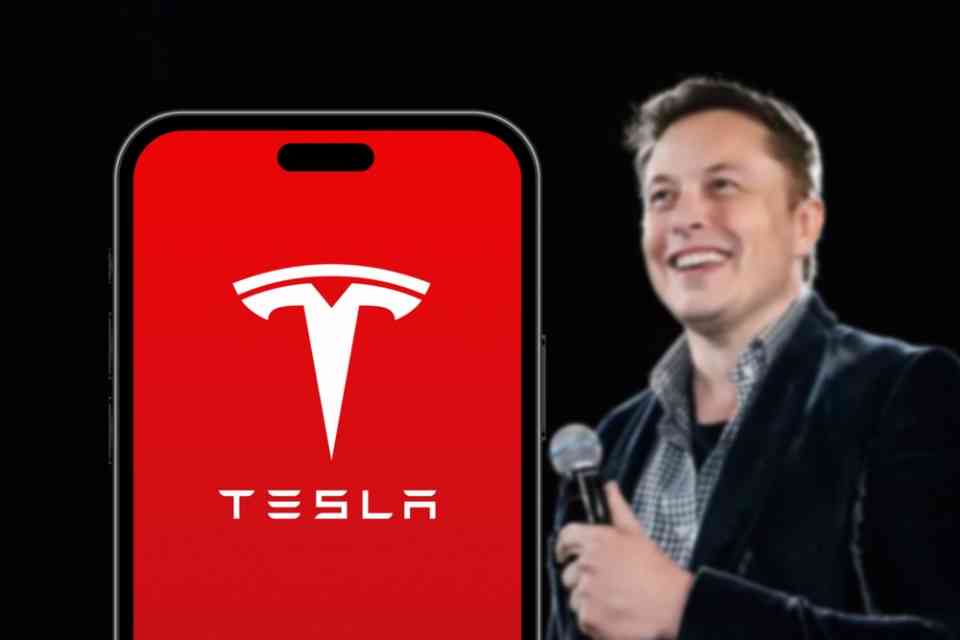Elon Musk Enters the Robotaxi Market with Tesla Cybercab for Less Than $30,000

At a highly anticipated event, Tesla CEO Elon Musk unveiled the long-awaited robotaxi—a futuristic vehicle devoid of steering wheels and pedals and featuring gull-wing doors. This reveal marks a critical moment for Tesla, as Musk positioned the robotaxi as a cornerstone of the company’s future growth strategy.
Musk arrived at the event in one of these vehicles, dubbed the “Cybercab,” and indicated that production would commence in 2026. He projected that the cost of owning a Cybercab would be under $30,000, and each vehicle would operate at a cost of 20 cents per mile. He also remarked that cars are typically idle most of the time, but by leveraging autonomous technology, they could be utilized far more frequently—up to 10 times more than traditional vehicles.
The event stirred excitement across social media, with numerous users sharing their thoughts and screenshots of invitations. However, not everyone shared this enthusiasm; investors and analysts highlighted the significant hurdles the technology still faces and have tempered their expectations.
Musk’s vision includes a fleet of self-driving Tesla Cybercabs that passengers could summon via a mobile app. Additionally, Tesla owners might be able to list their vehicles as robotaxis, generating income when not in use.
The event, held at Warner Bros Studios in California and titled “We, Robot,” seemingly paid homage to Isaac Asimov’s I, Robot series while reinforcing Musk’s notion that Tesla should be viewed as an AI-driven robotics company, not just an automaker.
Back in 2019, Musk had expressed strong confidence that Tesla would have operational robotaxis within a year. However, after several delays, his focus has shifted toward developing these autonomous vehicles, especially after shelving plans to produce a smaller, cheaper electric car that many believed was crucial to combat slowing demand for electric vehicles.
Tesla now faces its first potential dip in deliveries this year, with incentives failing to draw enough interest in its aging EV lineup. Aggressive price cuts, designed to counter rising interest rates, have put pressure on the company’s profit margins.
To restore investor confidence and demonstrate that Tesla can continue its rapid growth, analysts suggested that Musk needs to provide not only a working prototype but also a detailed roadmap for how Tesla plans to surpass competitors like Alphabet’s Waymo, which already operates driverless taxis in several U.S. cities.
The robotaxi sector has proven challenging, with many companies facing substantial losses due to complex technology and stringent regulations. Some, such as General Motors’ Cruise, Amazon’s Zoox, and several Chinese firms, remain committed to cracking the market, while others have been forced to withdraw.
In contrast to competitors that rely on costly hardware like lidar, Musk is betting on AI and cameras to drive Tesla’s Full Self-Driving (FSD) system, aiming to keep costs lower. However, FSD has attracted legal and regulatory scrutiny, especially after multiple accidents, including two fatal ones, linked to the technology.
Have you read?
The Top 100 Highest-paid CEOs in America.
Countries With Lowest Rate of Economic Growth in 5 Years.
Countries Most in Debt to China.
Most Attractive Cities for Global Talent.
Largest economies in the world by Share of Global GDP.
Bring the best of the CEOWORLD magazine's global journalism to audiences in the United States and around the world. - Add CEOWORLD magazine to your Google News feed.
Follow CEOWORLD magazine headlines on: Google News, LinkedIn, Twitter, and Facebook.
Copyright 2025 The CEOWORLD magazine. All rights reserved. This material (and any extract from it) must not be copied, redistributed or placed on any website, without CEOWORLD magazine' prior written consent. For media queries, please contact: info@ceoworld.biz








